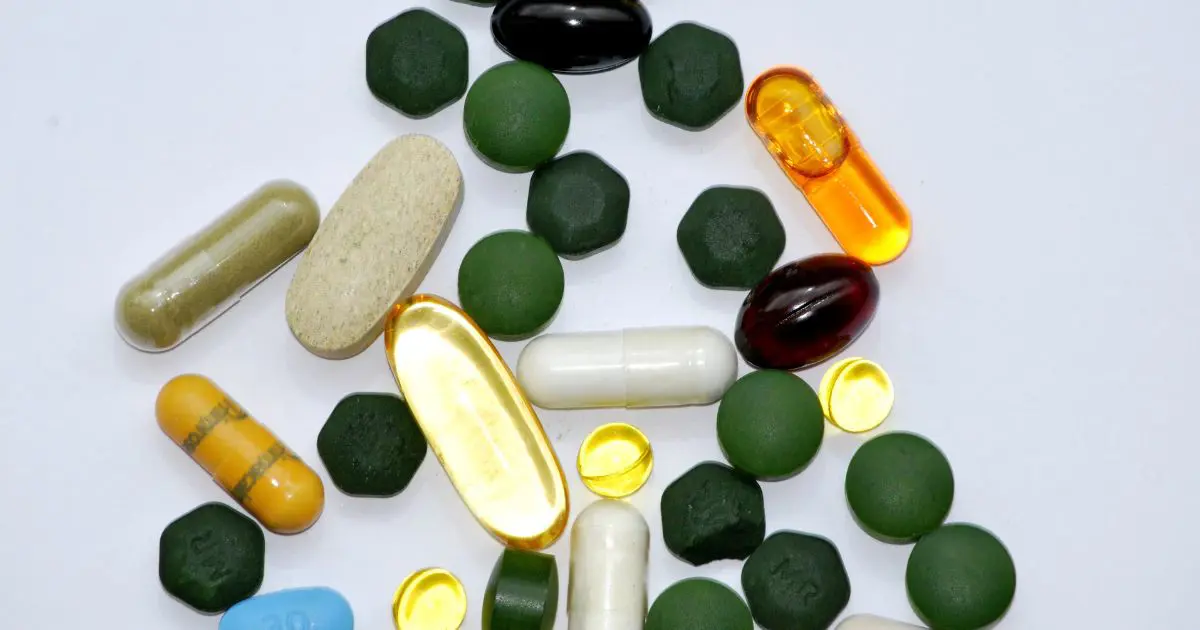Govt sets goal higher for India’s nutraceutical industry
08 Nov 2024

India is set to play a major role in the global nutraceutical industry, with its wealth of traditional knowledge, its Ayurveda system and policy support, as per government projections.
India is also a key source of inputs for the $400 billion global nutraceutical industry, which is an amalgam of food, pharmaceuticals, and biotechnology. However, the country’s share in the global market for nutraceuticals is a mere 2 per cent, due mainly to a lack of defined industry classification.
A task force set up by the Council of Scientific and Industrial Research (CSIR) has tried to address the issue and has suggested policy measures, like standardisation of products and harmonisation of nomenclature. Besides the task force has suggested adoption of international standards and investment support to entrepreneurs to promote the sector.
The task force had representatives from the ministries of food processing, commerce, pharmaceuticals and Ayush, besides the Food Safety and Standards Authority of India (FSSAI).
India has a special advantage in the nutraceutical industry due to its longstanding history in health science like Ayurveda and its unique traditional knowledge.
The country is home to over 1,700 medicinal plants, that produce products like he globally recognised curcumin, bacopa and ashwagandha, as well as the necessary expertise in the formulation of high-quality nutraceutical products and is also blessed with 52 agroclimatic zones, which makes it ideal for the cultivation of different types of medicinal plants.
The initiatives based on the task force’s recommendations have led to significant advancements, including the development of the first-ever Harmonised System of Nomenclature codes for streamlined trade.
A production-linked incentive scheme has been introduced for the nutraceutical industry for the first time. Besides, a dedicated nutraceutical industry panel under the Shellac and Forest Products Export Promotion Council (SHEFEXIL) has been formed to enhance regulatory and export support.
While SHEFEXIL has recommended that nutraceuticals remain classified as food products under FSSAI’s jurisdiction, exporters of these products get duty exemptions under the Remission of Duties and Taxes on Export Products (RoDTEP) Scheme, to offset export costs and ensure EU compliance.
The government has prioritised infrastructure support, with nutraceutical incubation hubs and centers of excellence like NIFTEM-Kundli, Centurion University, and AIC-CSIR-CCMB, while the Kerala government has set up a Nutraceutical Centre of Excellence.
The Department of Commerce has been enhancing visibility and forging connections with international stakeholders in the nutraceutical industry by participating in global trade fairs.
The task force and the Central Board of Indirect Taxes and Customs (CBIC) is working toward a unique HSN code to streamline exports and simplify customs procedures.
These initiatives are aimed at positioning India as a global leader in nutraceuticals and to attract global partnerships and investments, according to an official release.


















